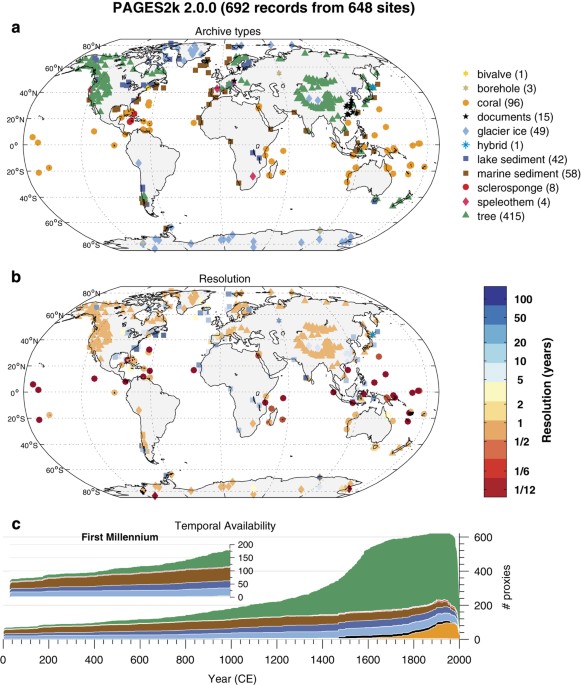RetiredGySgt
Diamond Member
- May 6, 2007
- 55,991
- 18,083
If a large group of people are saying those things are bad then yes a smart person checks the facts and learns what and were they come from but then no one has actually accused you and your butt buddies of having any brains have they?Well, yeah.
That's how intelligent people operate.
Did you test every drug you take personally? Did you personally evaluate your cars' airbag system? Did you personally go over the structural parameters of the bridge you drove over?
Normal people don't personally make every calculation . You don't, so you're being a raging hypcorite again when you demand we do.
Normal people will take note of who has been honest and reliable in the past.
Our side has been scrupulously honest, so they have credibility. They've earned it by their honesty, and by being correct over and over.
Your side specializes in fraud and deception, and has failed consistently with every prediction, so they're regarded as cult clowns.
That's how it works. We didn't make you shit the bed. You freely chose to shit the bed, even after we warned you not to shit the bed, so nobody cares that you're upset about having to sleep your own shit.
